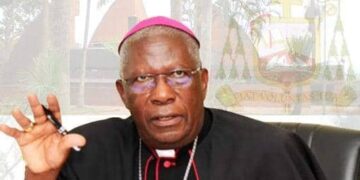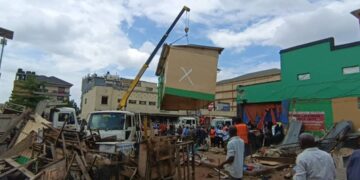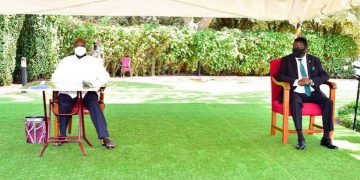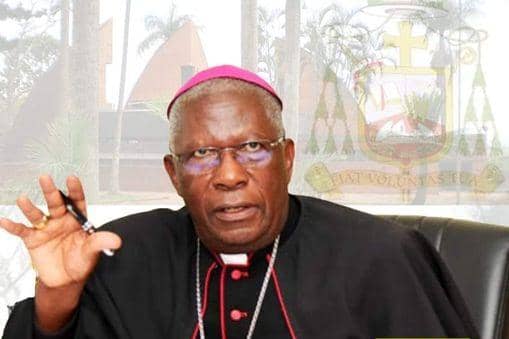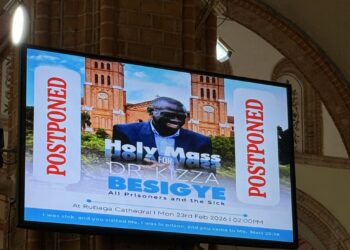KAMPALA
The Catholic Bishops in Uganda have issued their 27th pastoral letter, highlighting a wide range of pressing issues affecting the country and calling on leaders to urgently address them. The letter, themed “The Truth Will Set You Free”, was officially presented by the Chairman of the Uganda Episcopal Conference, Bishop Anthony Zziwa of Kiyinda-Mityana Diocese, at the Uganda Catholic Secretariat in Nsambya, Kampala.
The bishops outlined 14 key concerns that require immediate government attention, including corruption, violation of human rights, environmental degradation, climate change, electoral violence, and media injustices.
In a strongly worded statement, Bishop Zziwa criticized the implementation of major government poverty-alleviation programs such as the Parish Development Model (PDM), Emyooga, and Uganda Employment Programme (UEP), alleging that these initiatives have been tainted by corruption and exploitation.
“Many beneficiaries are being extorted before they can access these funds. This defeats the very purpose of the programs and increases inequality,” Bishop Zziwa said.
The pastoral letter also drew urgent attention to the growing issue of alcoholism and drug abuse in the country. Citing the 2024 World Health Report, Bishop Zziwa revealed alarming statistics, noting that the average Ugandan alcoholic consumes 12.21 liters of pure alcohol annually—the highest in Africa, where the continental average stands at just 4.5 liters.
“A Ugandan drinker aged 15 and above can consume up to 2.5 liters of pure alcohol annually. This is a crisis. We call on the government to review alcohol and substance abuse laws to curb this growing menace,” he emphasized.
The church also criticized electoral violence, urging for comprehensive electoral reforms. They also condemned the continued detention of political prisoners, high infant mortality, and rising levels of unemployment among the youth.
The bishops appealed to the government, civil society, and all Ugandans to embrace truth, justice, and integrity in order to build a more inclusive and accountable society.
